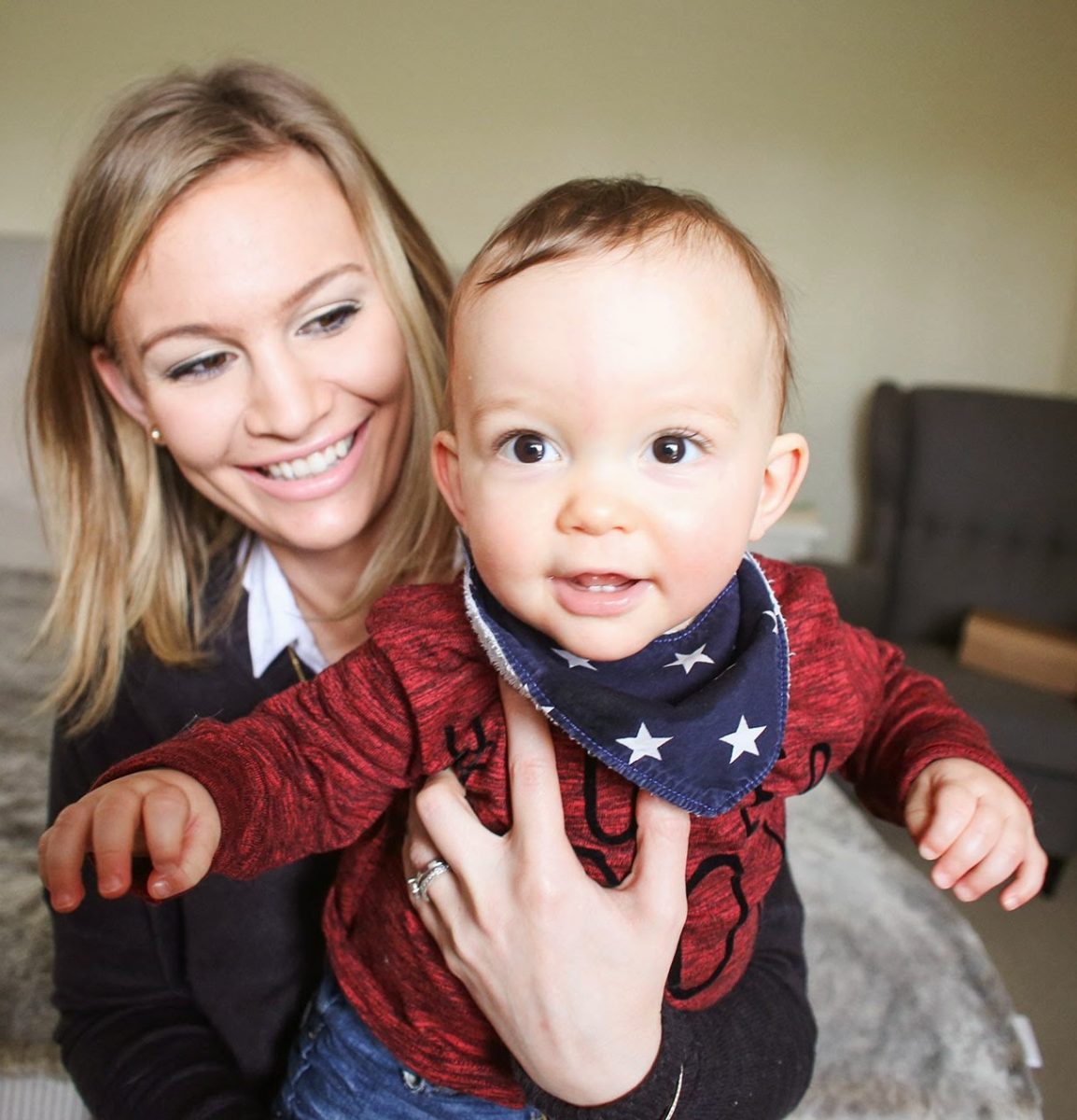“Boy Mom” is a term derived from the internet, used to describe mothers who only have sons. While this seems harmless, there are often heavy negative connotations associated with this term. In a single TikTok, self-described “Toxic Mom” Anna Saccone Joly exemplifies the “I’m In Love With My Son” subgenre of male mom culture.
“I love my four kids equally, but that last little boy just hits different,” she continues, “When I think about my daughters getting married, I get excited. When I think about my son’s wedding I wanna cry.” There are no repercussions when her kid slaps or punches his sisters; she tells her girls that he must be having a rough day. Joly, grinning, concludes the TikTok by stating that she and other toxic mothers “gotta realize we are the problem.” Despite this assertion, Joly’s profile includes numerous videos where she treats her son as her favorite and refers to him as such.
This boy-mom attitude of “boys will be boys” is exemplified by other TikToks. Many of them depict sons acting inappropriately—smacking their mothers’ behind and engaging in other rude actions—or imitating their fathers. “Tell me you’re a boy mom without telling me you’re a boy mom” is a common caption for the films.
Contrary to popular belief, there is no scientific evidence to support the notion that girls are more nurturing and boys more physically inclined. As stated in a Scientific American article from 2016, “Clearly, boys and girls are not the same at birth […] However, we now understand that early experiences permanently change the chemistry and function of the genes within cells, which has a big impact on behavior. The ways that parents raise males and girls differently may also have an impact on how children’s brains grow.”
Talks about “boy moms” frequently focus on the negative effects of misogyny, emotional incest and inappropriate emotional attachment. “Boy mom” culture has the potential to poison families and create an unsettling relationship between mothers, adult sons and their spouses. Social media posts centering on “boy moms” romanticize family dynamics and cast sons in unsuitable roles. Certain features of “boy mom” culture, such as calling sons “boyfriends” or implying that growing up is like getting broken up with, cast sons in the role of a romantic partner rather than a child. Therefore, it should come as no surprise that mothers who have this kind of attachment with their sons eventually start to consider the wife of their son as the “enemy” or the “other woman” who is trying to “steal her man.”
When boys are positioned as romantic partners, it inappropriately puts pressure on them to put their mothers before their wives. Sons may so “feel caught” between their mothers and their spouses. When mothers try to gauge their sons’ devotion, they keep their adult sons from reaching developmental milestones like breaking away from their parents and starting their own family. The goal of most parents and boy moms is emotional distance, not a tense relationship with adult sons and their spouses caused by making them feel bad for putting their wives first.
While examining the negative culture of boy moms, we must look at how this behavior affects the boys involved. The endless coddling and emotional abuse associated with “boy mom” culture creates a generation of men who feel like they forever owe something to their mothers, even well into their adulthood. They often find themselves putting their mother’s feelings over their wives or girlfriends as they are left in this emotionally stunted stage throughout adulthood. One doesn’t know what’s worse: a “boy mom” or a Momma’s boy.
Regardless of the circumstances or the family dynamics, boy moms instill a mentality into their children that their daughters are never good enough and that their sons can do no wrong, creating generations worth of trauma and emotional damage for their children through all stages of their life. “Boy moms’ aren’t just weird– they’re awful.








Maria • May 18, 2025 at 8:59 am
Boy moms create a “us” against them type of mentality. They create divide with the son’s girlfriend or wife. Making the son choose them over in all situations. The son doesn’t want to lose her loyalty and therefore falls into place. Hence, causing problems with his girlfriend or wife. This tension between the couple feeds the mom’s ego and reinforces her intent. Which is to keep him close to her and her only.